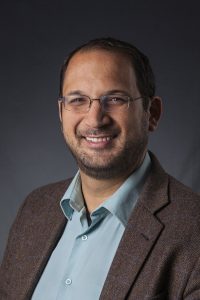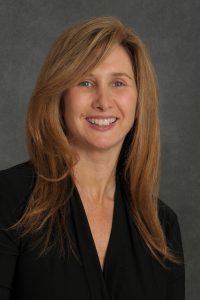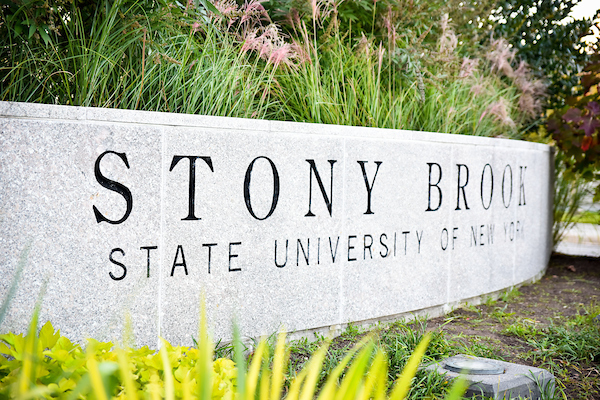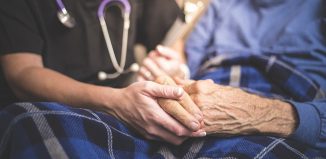Stony Brook University launches LEND program

Stony Brook University is the first institution on Long Island to receive a federal grant designed specifically to train students, professionals, families and self-advocates for the purpose of improving the lives of children and adults with autism spectrum disorder (ASD) and neurodevelopmental disabilities (ND). Called Leadership Education in Neurodevelopmental and other related Disabilities (LEND), the program at Stony Brook will involve graduate level training through the School of Social Welfare, Department of Psychology, and other Health Sciences programs.
The LEND grant, funded by the U.S. Department of Health and Human Services, Health Resources and Services Administration, Maternal and Child Health Bureau, and provided to the SUNY Research Foundation, is a five-year $2.2 million grant that is effective through June 2026. It is designed to provide training and resources to individuals with ASD and NDs, their families and clinicians, as well as researchers and policymakers through the establishment of a regional Center.
The leading goals of Stony Brook LEND are: to increase the number and expertise of clinicians and leaders who are well-prepared to deliver high-quality, interdisciplinary, family-centered and culturally responsive care to those with ASD/ND and their families; through Stony Brook Medicine clinics affiliated with Stony Brook’s Autism Initiative, provide additional services to benefit children in the region; through outreach initiatives and regional collaborations, establish a base of better-informed and trained professionals for the ASD/ND community; and advance research and scientific knowledge about the challenges, needs, strengths, and opportunities of children and adults with ASD/ND and their families.
“LEND will target interdisciplinary, evidence-based clinical training for healthcare professionals and students, alongside the experts themselves, people with disabilities and their families,” explains Michelle Ballan, PhD, Stony Brook’s LEND Program and Center Director, Professor, and Associate Dean for Research in the School of Social Welfare and Professor of Family, Population and Preventive Medicine. “Cultivating a cohort of trained leaders will ultimately advance systems of care across the lifespan, and thereby help to reduce numerous health inequalities children and adults with ASD/ND face.”
Stony Brook LEND will involve faculty representation from 11 disciplines, with more than 65 additional supporting faculty representing several medical sub-specialties and arts and science disciplines. The program will also collaborate with 55 affiliated programs across the region and multiple states, including community agencies, academic medical and research programs, and school districts. There will also be participation by cultural consultants from traditionally underserved communities throughout Long Island.

“LEND is a game-changer whose impact for individuals with autism and other neurodevelopmental disabilities and their families will ripple across Long Island and beyond,” says Matthew Lerner, PhD, LEND Center Co-Director, Research Director of the Autism Initiative, and Associate Professor of Psychology, Psychiatry & Pediatrics. “With the LEND Center, whole generations of families, self-advocates, clinicians, and academics will develop a deeper understanding of the complex network of services and supports available to those with autism and other developmental disabilities, and will learn how best to work together to navigate this network to produce the best quality of life and care.”
Training will begin at the start of the 2021-22 academic year. Each year approximately 300 trainees will take part in the Stony Brook LEND program. Some will be long-term trainees gaining education and clinical training (300 or more hours), medium-term (40-299 hours) and short-term trainees (39 hours or less). All trainees will have access to didactic coursework, clinical workshops, and community-based training. The LEND Center will also work with community partners to provide consultation and continuing education.
The first round of LEND long-term trainee applications are due August 13th, with rolling deadlines throughout the year for medium- and short-term trainees.
For more information, and to apply, please see this School of Social Welfare webpage.







